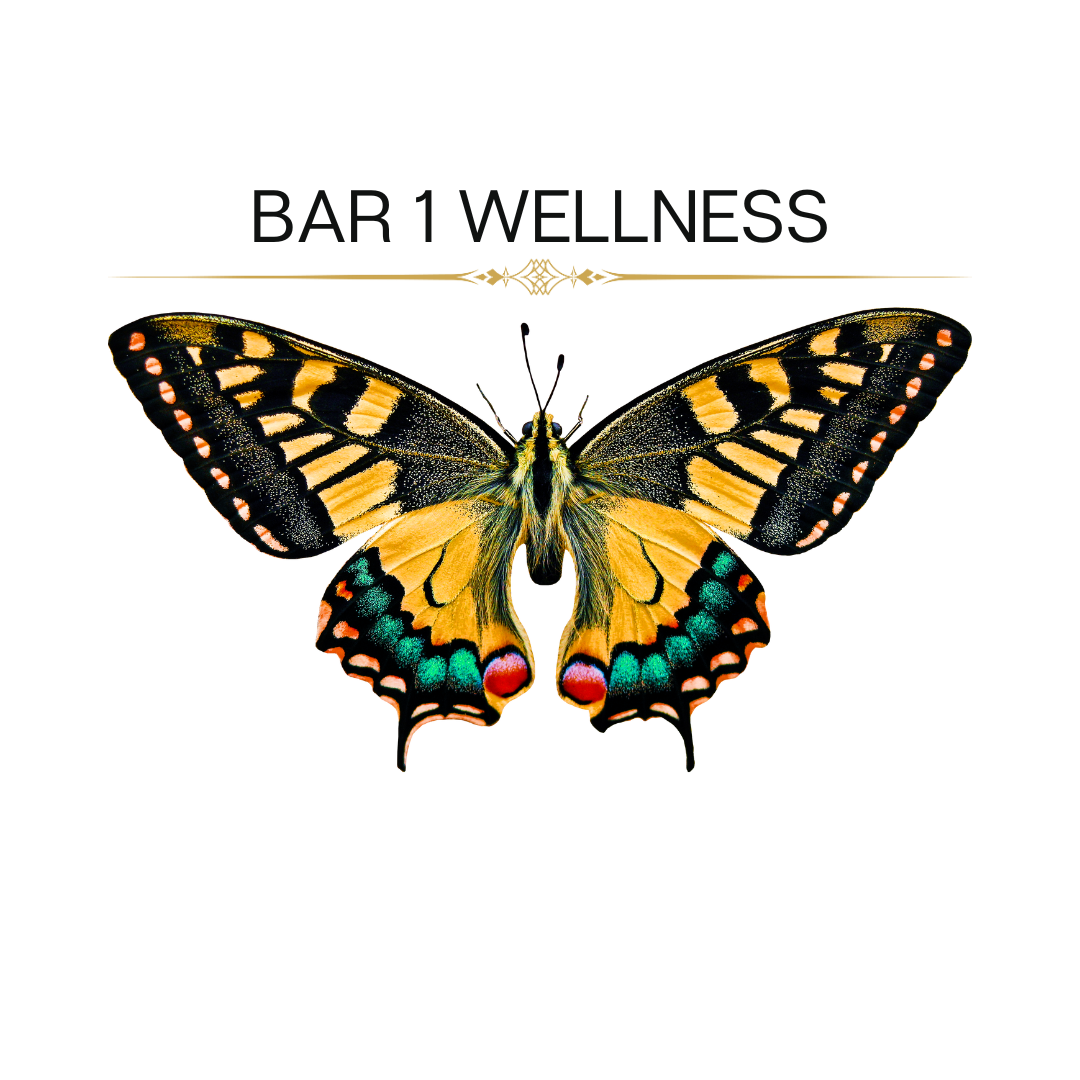SALT is Crucial for the Body to Function Properly
Salt, NaCl or sodium chloride is very powerful and ESSENTIAL to optimal health and wellbeing. It’s important to note that BOTH EXCESS AND DEFICIENCY IN THIS MINERAL CAN INCREASE HEALTH RISKS.
Sodium regulates the balance of fluids and electrolytes throughout the body, it’s responsible for all muscle and nerve cells transmission/signaling and the chloride component is a key part of maintaining proper pH in stomach for optimal digestion.
SALT IS ESSENTIAL, we would die without it.
Common signs of salt deficiency.
Feeling tired all the time
Feeling weak and/or getting muscle cramps often
Dizzy sensation when going from seated to standing position
Headaches, Brain Fog
Stressed and Depressed
Common contributors to salt loss include consuming excessive caffeine, being in excessive heat for long periods of time and fasting. It is also worth noting that those diagnosed with hypothyroidism are at increased risk of salt deficiency because the thyroid plays a role in regulating sodium reabsorption in the kidneys.
Recent evidence is shedding new light on the IMPORTANCE OF GETTING ENOUGH SALT into our diet and the need to more thoroughly evaluate patients individually, before blanketly prescribing a low sodium diet for heart disease.
With a highly processed (pre-packaged foods, fast foods etc.) these foods have notoriously high levels of sodium, off the charts high, along with fillers and things that when eaten regularly increase inflammation and cause tremendous harm. However those who eat a whole food diet and exercise regularly are more prone to salt deficiency. There are many options for salt from black to pink, fine to rock… Generally speaking the courser the grind the lower the sodium content but there are sadly microplastics now detected in sea salt therefore, choose your salt from regions with lower marine pollution levels.
I prefer Redmond Life which has over 60 trace minerals and is sourced right here in the USA.
A skilled functional medicine practitioner can be a valuable addition to any cardiology team.
References:
Patel Y, Joseph J. Sodium Intake and Heart Failure. International Journal of Molecular Sciences. 2020; 21(24):9474. https://doi.org/10.3390/ijms21249474
DiNicolantonio JJ, Chatterjee S, O'Keefe JH. Dietary Salt Restriction in Heart Failure: Where Is the Evidence? Prog Cardiovasc Dis. 2016 Jan-Feb;58(4):401-6. doi: 10.1016/j.pcad.2015.12.002. Epub 2015 Dec 23. PMID: 26721179
Khan MS, Jones DW, Butler J. Salt, No Salt, or Less Salt for Patients With Heart Failure? Am J Med. 2020 Jan;133(1):32-38. doi: 10.1016/j.amjmed.2019.07.034. Epub 2019 Aug 13. PMID: 31419422



